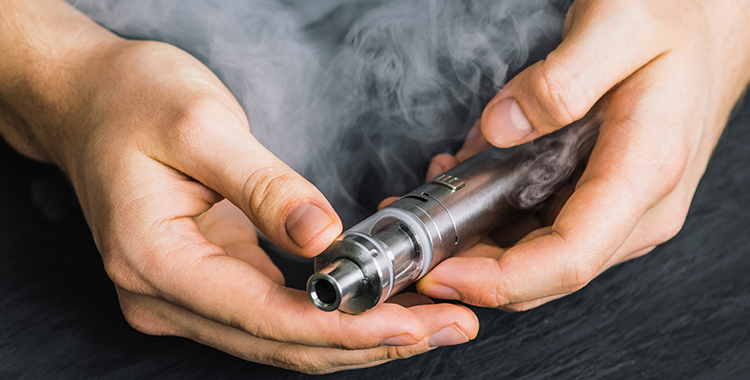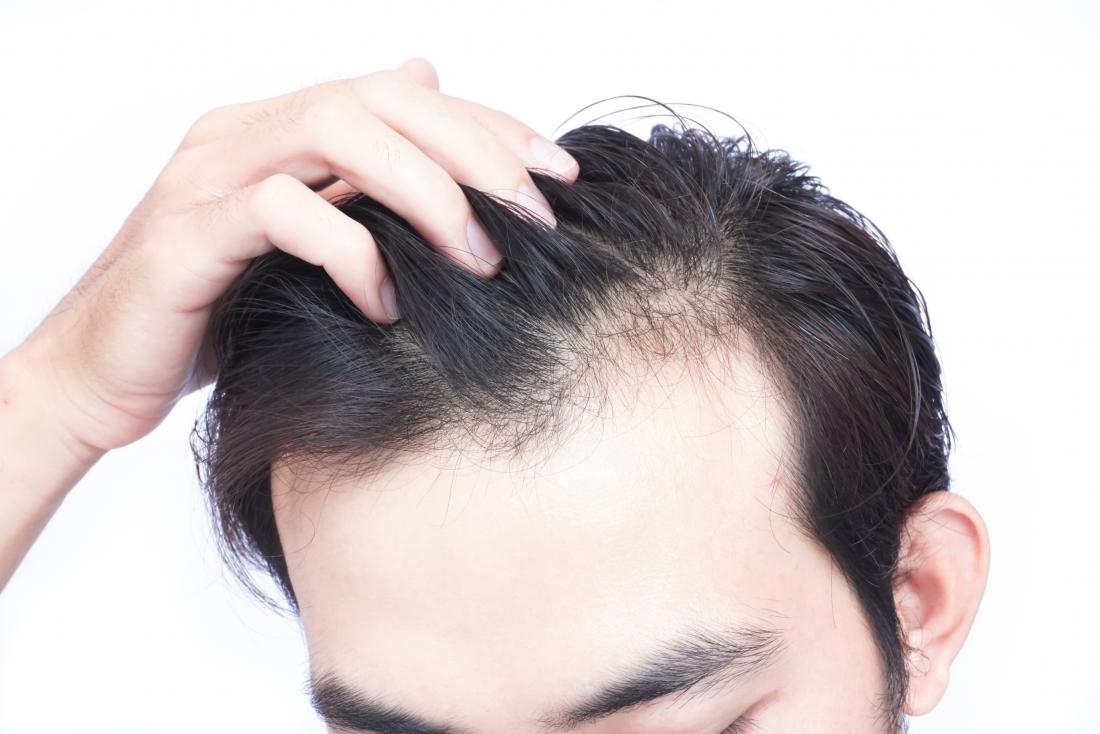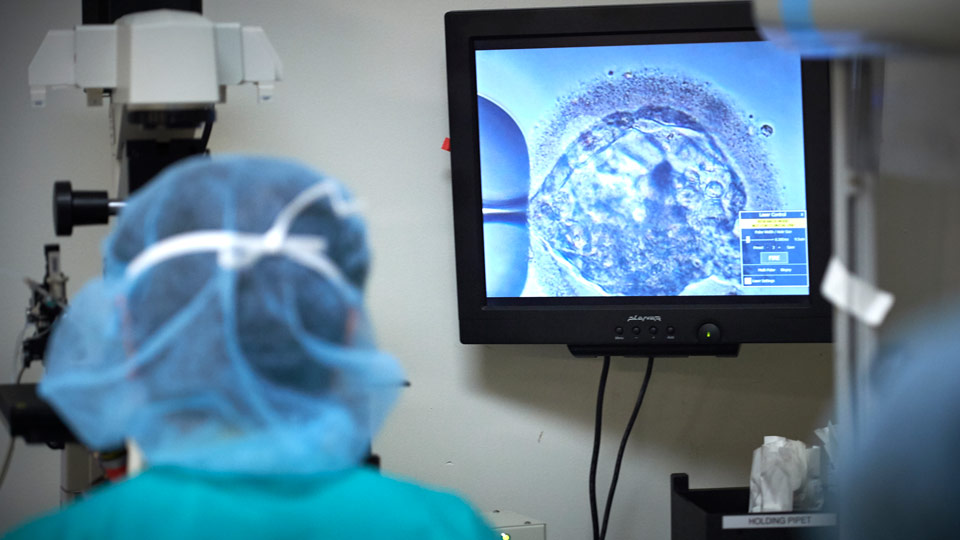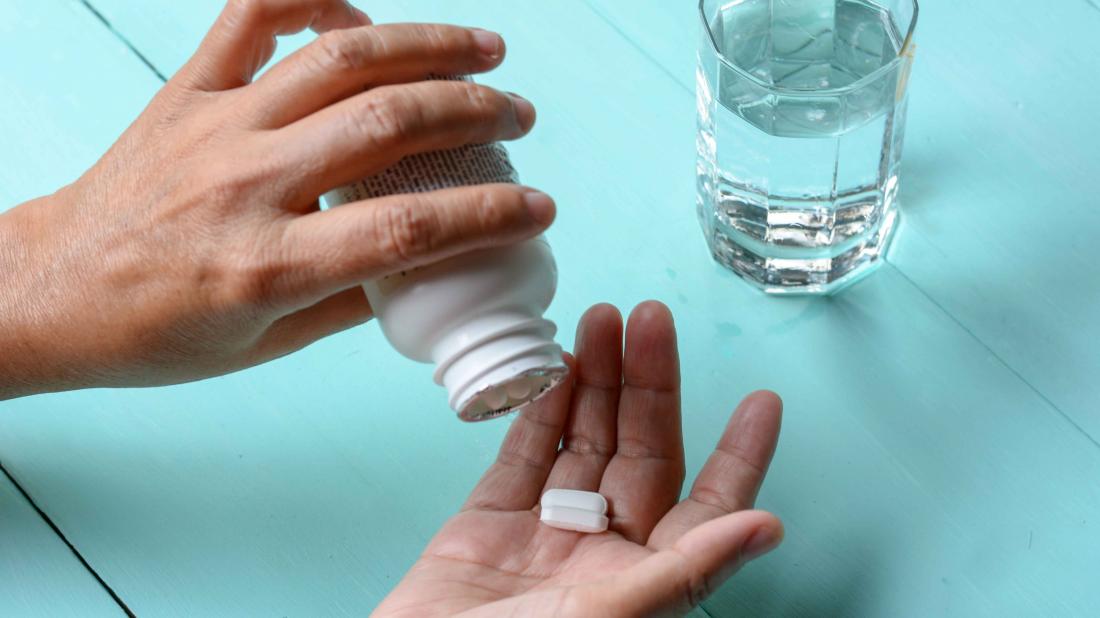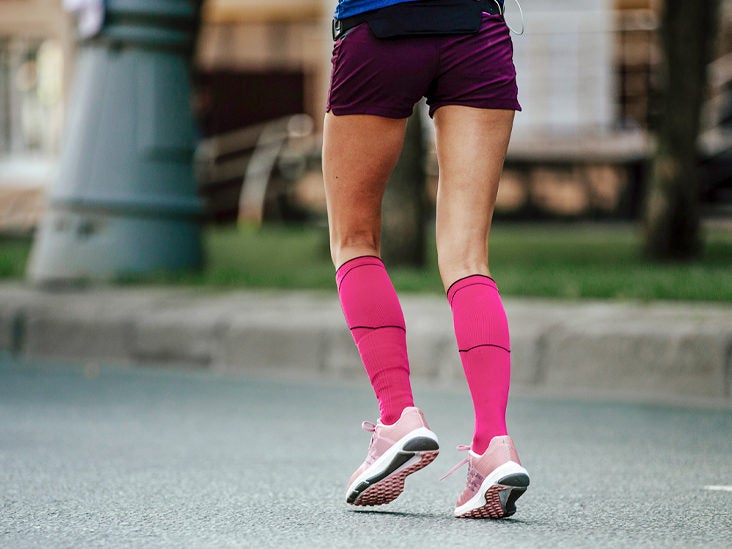The prevalence of COVID-19 across the globe has facilitated the need for Covid-19 testing in West New York to help you take any needed measures. Testing for COVID-19 enables you to protect the health of your loved ones and to prevent the spread of the virus. Visiting your doctor for testing is essential because asymptomatic people can have the virus with no symptoms present. However, others with symptoms may experience fatigue, coughing, fever, chest pain, shortness of breath, and even a runny nose. The severity of these symptoms ranges from mild to severe based on age and other overall health factors.
What is COVID-19 testing?
It is finding out whether you have COVID-19, have tested positive in the past, and have antibodies as a result. The FDA has approved different tests to detect COVID-19 infection. They include:
- PCR or molecular test. This test involves the use of a nasal or throat swab to collect a fluid sample. Polymerase chain reactions help detect the genetic material of the virus. A molecular test is very accurate when performed by a professional. Results may be available in minutes or can take several days if sent to an outside lab.
- Antigen test. The test detects specific proteins in the virus. Your doctor may recommend a PCR test to confirm negative results.
- Antibody test. Serology testing is done after you have fully recovered from COVID-19 to check for antibodies.
How can you reduce your risk for infection?
The following steps may help you reduce your risk for COVID-19 if you have not been vaccinated. These measures help you avoid exposure to the virus. They include:

- Avoid crowded areas and places with poor ventilation.
- Maintain a distance of at least 6 feet, or two meters, between you and others. Although this measure applies to everyone, it is more important for those who may develop complications. They include older adults and those with underlying medical conditions. Social distancing is essential since some people may have COVID-19 without exhibiting any symptoms.
- Keep your hands away from your eyes, mouth, and nose.
- Wash your hands with antibacterial soap and running water for at least 20 seconds. You may also carry a pocket-sized alcohol-based hand sanitizer that contains at least 60% alcohol.
- Cover both your nose and mouth with a face mask, whether in outdoor or indoor spaces with crowds. Mask guidelines may vary for people who are vaccinated and those who are not. Surgical masks can be purchased in medical stores such as pharmacies. Healthcare providers may use N95 respirators.
- Avoid sharing household items such as beddings, dishes, and glasses–especially if you have tested positive for the virus.
- Use your elbow to cover your mouth and nose as you cough or sneeze. You can also use a tissue that you throw away after use and wash your hands.
- Spend most of the time in your home to reduce your risk of contracting the virus from others outside. Avoid public transportation and ride-sharing as it increases your chances of contracting COVID-19.
If you have symptoms of COVID-19 such as runny nose and fever, schedule an appointment with your specialist at The Doctor’s House for testing to protect yourself and your loved ones.


